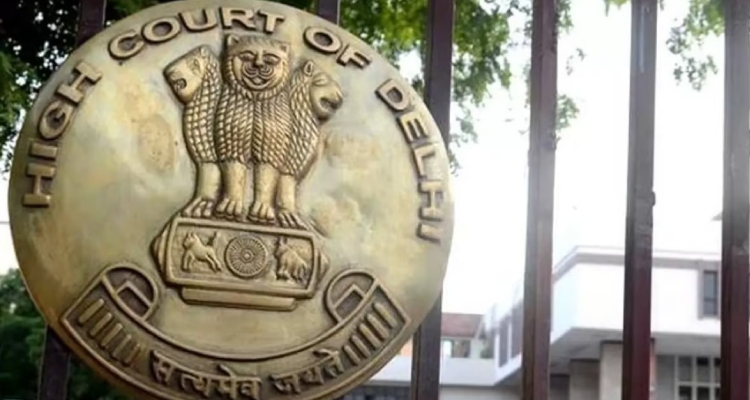
The Delhi High Court has directed the Government of National Capital Territory of Delhi to establish an online registration system for Muslim marriages, allowing couples to register their unions in accordance with Islamic Sharia law.
This order was passed on November 6, 2024, after the court heard a petition filed by a couple who had married under Islamic law but faced difficulty registering their marriage due to the absence of an appropriate online mechanism.
The petitioners, who married on October 11, 2023, sought to register their marriage for visa purposes, as required by certain countries. However, the existing online registration system offered by GNCTD only allowed for marriages under the Hindu Marriage Act, 1955, or the Special Marriage Act, 1954.
Since no provisions were in place for marriages conducted under Muslim Personal Laws, the petitioners were forced to register their marriage under the Special Marriage Act, which was against their religious intent.
Appearing for the petitioners, Advocate M. Sufian Siddiqui argued that the absence of a registration system for Muslim marriages violated their constitutional rights under Articles 14 (Right to Equality), 21 (Right to Life and Liberty), and 25 (Freedom of Religion). He emphasized that the GNCTD’s exclusionary system effectively coerced the petitioners into registering under a law that did not align with their faith.
The court noted that the couple had married according to Islamic Sharia law, and later executed a Mubarat Nama (a form of divorce by mutual consent under Islamic law) on July 9, 2024. The court observed that due to the lack of an online registration system for Muslim marriages under the Delhi (Compulsory Registration of Marriage) Order, 2014, the petitioners were left with no option but to register their marriage under the Special Marriage Act.
In its order, the court annulled the registration certificate issued by the Revenue Department of GNCTD and instructed the concerned Sub-Divisional Magistrate (SDM) to make the necessary corrections to the records.
Additionally, the court ordered GNCTD to set up an online registration platform for Muslim marriages within a specified timeframe. The Chief Secretary of GNCTD was also directed to personally supervise the implementation of this directive and ensure compliance.
The court’s intervention followed the failure of the GNCTD to take concrete steps towards implementing the previous judgment dated July 4, 2024, regarding marriage registration.
The Delhi High Court’s decision reflects its commitment to safeguarding citizens’ rights, ensuring that the registration system accommodates diverse religious practices, and upholding the constitutional principle of equality.




